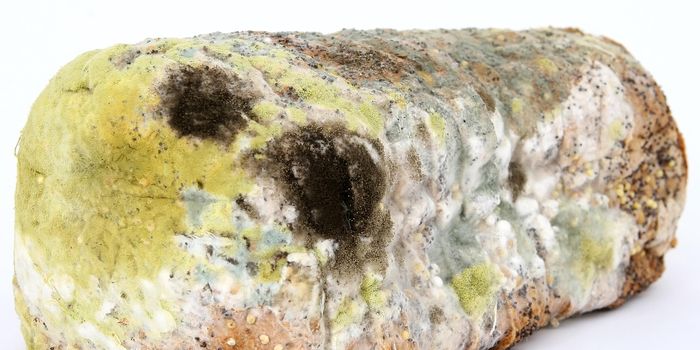Caffeine Can Cause Long-Term Changes in the Brain
It is estimated that as many as 80 percent of all people partake in the world's most common psychoactive substance, caffeine. People enjoy soda, tea, or coffee, not only because of the taste, but for the boost they get from the caffeine in those drinks. Caffeine levels peak in the blood about 30 minutes after consumption, when most people feel the effects acutely. While the half-life is about five hours, some folks might come back for another cup throughout the day to maintain that alert feeling. Scientists have long known that caffeine is a stimulant that is rapidly absorbed and quickly affects the body in a variety of ways; it can improve memory and cognition, for example. More recent evidence has also suggested that caffeine's impact is not only temporary. For example, studies have indicated that in humans, cognition is improved 24 hours after caffeine consumption.
In mouse models, the function of neurons, cognition, and memory have all been enhanced by caffeine. A recent study investigated the brains of mice that were exposed to caffeine, and while only a small number of mice were used in the study, a comprehensive genetic, epigenetic, proteomic, and metabolomic assessment was performed on the animals. This revealed that caffeine had wide-ranging impacts on epigenetic markers, which affect the expression of many genes in turn. While the activity of some genes did not change that much, the change lasted for as long as two weeks in some cases.
The researchers suggested that some processes in the brains of mice treated with caffeine were becoming more efficient because the transcriptomic response was faster, and that with caffeine, the brain was better at remembering or encoding events that had been experienced.
Caffeine may help orchestrate epigenomic changes in a variety of cell types including neurons, which calibrate resting metabolism and may improve the neuronal activity that occurs when we learn things.
While that research was conducted with a mouse model, some research on caffeine has been done with humans as well. One report has indicated that caffeine increases brain entropy, which is considered to be a measure of healthy brain function. High brain entropy indicates that processing power is increased. This effect was observed throughout the human brain shortly after caffeine intake. The study authors suggested that this impact was due to changes in neurons, and not blood flow.
A different study recently published in Scientific Reports, used electroencephalography (EEG) to assess how coffee affected 21 adults. This research showed that cognitive function was improved after coffee intake. These researchers hypothesized that coffee was making connections in the brain's neural network more efficient.
Another recent, small investigation assessed how caffeine might affect the structure of the human brain. Twenty volunteers who regularly drank coffee were asked not to drink coffee for ten days. Then, they were divided into two groups, one that took caffeine pills while the other took a placebo. Sleep was unaffected by caffeine intake, and both groups slept equally well according to EEG recordings. However, the coffee drinkers who had abstained from caffeine because they got the placebo had a larger volume of gray matter in their brain at the conclusion of the study. While we don't know much about the impact of that change, the researchers noted that it seems that caffeine is causing some structural changes in the brain.
Another recent report might be stressing the importance of moderation when it comes to caffeinated beverages, however. This research suggested that high levels of coffee consumption can reduce the volume of gray matter in the human brain, and also that this loss can increase the risk of dementia. In this study, reported in Nutritional Neuroscience, scientists used data from the UK Biobank. This work included 17,702 people aged 37 to 73 and revealed that those who consumed over six cups of coffee per day had a 53 percent higher risk of dementia. The researchers noted that one or two cups of coffee might be closer to the average for most people, and should be fine.
Whether it contains caffeine or is decaffeinated, it's worth noting that coffee may still be good for people's health. A 2018 study reported in JAMA Internal Medicine that also utilized the UK Biobank and data from half a million people found that caffeine seems to slightly reduce the risk of death, across all causes. This conclusion held even when people drank an average of eight cups of coffee per day. The study did not assess dementia risk for those individuals.
Clearly, there is still more to learn about how caffeine affects the human brain, and we may also find that the impacts of caffeine depend on many other things in the environment and genetics of an individual.
Sources: Nature Neuroscience, Journal of Clinical Investigation, Journal of Clinical Medicine









